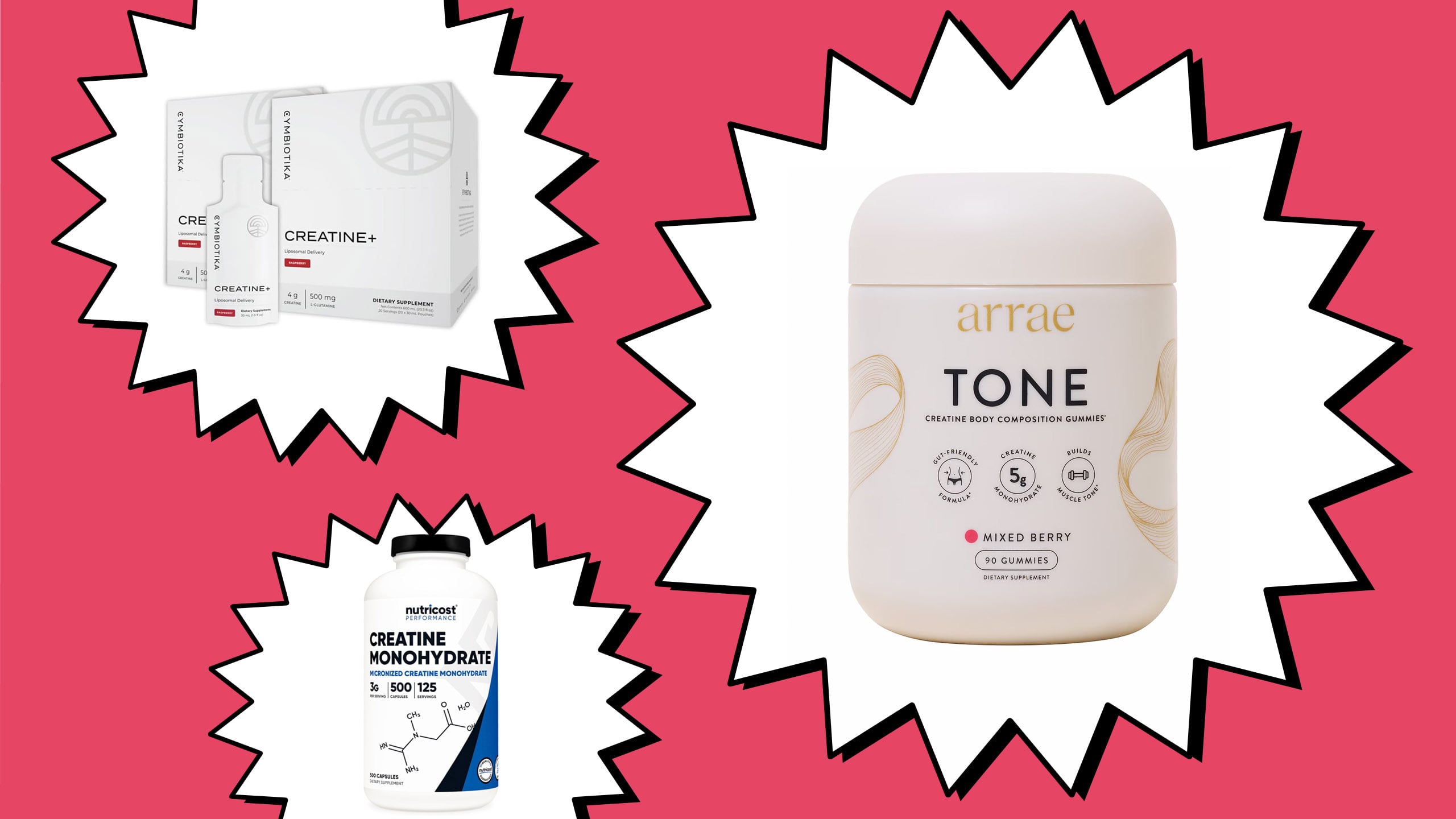Health
Creatine Transforms from Gym Supplement to Longevity Essential

Creatine, once primarily associated with bodybuilding, is now gaining recognition for its extensive health benefits. Traditionally viewed as a supplement for enhancing muscle strength, recent studies highlight its potential in promoting cognitive health and supporting longevity. As discussions around wellness and longevity evolve, creatine is emerging as a key player in this narrative.
Expanding Understanding of Creatine
Creatine is a naturally occurring compound made from amino acids, predominantly stored in the muscles and brain. The human body produces approximately one gram of creatine daily, mainly after consuming protein-rich foods. While foods like red meat and fish contribute to creatine intake, achieving the recommended three to five grams per day solely through diet can prove challenging.
The primary function of creatine is to aid in the production of adenosine triphosphate (ATP), which is essential for cellular energy. This is particularly crucial during high-intensity activities such as sprinting or weightlifting, where quick energy replenishment is needed.
As interest in the broader health implications of creatine grows, experts are addressing long-standing misconceptions. Many people, particularly women, have hesitated to use creatine due to fears of weight gain and bulking up. According to Dr. Wendy Myers, a naturopathic doctor, “Creatine’s role in muscle performance is its ability to bring energy to your muscle cells so you can train harder.” She emphasizes that creatine alone will not result in significant muscle gain without concurrent training and additional caloric intake.
Broader Health Benefits of Creatine
The benefits of creatine extend beyond physical strength. Dave Asprey, a biohacking expert and author, notes that recent research underscores creatine’s positive effects on memory, mood, bone strength, glucose control, and heart health. Additionally, it may play a protective role against neurodegenerative diseases such as Alzheimer’s and Parkinson’s.
Dr. Myers points out that women, who naturally have lower creatine levels, can particularly benefit from supplementation. She states, “New research shows creatine could be one of the most important tools for women navigating perimenopause, menopause, and postpartum recovery.” The compound enhances energy metabolism in the brain, which can bolster focus, memory, and overall mental stamina.
While creatine is generally considered safe and effective, experts recommend consulting with a healthcare provider before starting any new supplement, especially for those with pre-existing health conditions. According to Sahar Berjis, a registered dietitian, “Creatine monohydrate is clinically proven, effective, and safe for most people at three to five grams a day.” She advises selecting products that are third-party tested, micronized for better absorption, and contain minimal ingredients.
Creatine is becoming increasingly popular as a wellness supplement, breaking away from its previous association with bodybuilding. Individuals looking to enhance both physical performance and cognitive health are now considering creatine as a valuable addition to their routines. As the perception of this compound continues to evolve, more people may benefit from its potential to support healthy aging and overall well-being.
-

 Lifestyle4 months ago
Lifestyle4 months agoLibraries Challenge Rising E-Book Costs Amid Growing Demand
-

 Sports3 months ago
Sports3 months agoTyreek Hill Responds to Tua Tagovailoa’s Comments on Team Dynamics
-

 Sports3 months ago
Sports3 months agoLiverpool Secures Agreement to Sign Young Striker Will Wright
-

 Lifestyle3 months ago
Lifestyle3 months agoSave Your Split Tomatoes: Expert Tips for Gardeners
-

 Lifestyle3 months ago
Lifestyle3 months agoPrincess Beatrice’s Daughter Athena Joins Siblings at London Parade
-

 World3 months ago
World3 months agoWinter Storms Lash New South Wales with Snow, Flood Risks
-

 Science4 months ago
Science4 months agoTrump Administration Moves to Repeal Key Climate Regulation
-

 Science3 months ago
Science3 months agoSan Francisco Hosts Unique Contest to Identify “Performative Males”
-

 Business4 months ago
Business4 months agoSoFi Technologies Shares Slip 2% Following Insider Stock Sale
-

 Science4 months ago
Science4 months agoNew Tool Reveals Link Between Horse Coat Condition and Parasites
-

 Sports3 months ago
Sports3 months agoElon Musk Sculpture Travels From Utah to Yosemite National Park
-

 Science4 months ago
Science4 months agoNew Study Confirms Humans Transported Stonehenge Bluestones








